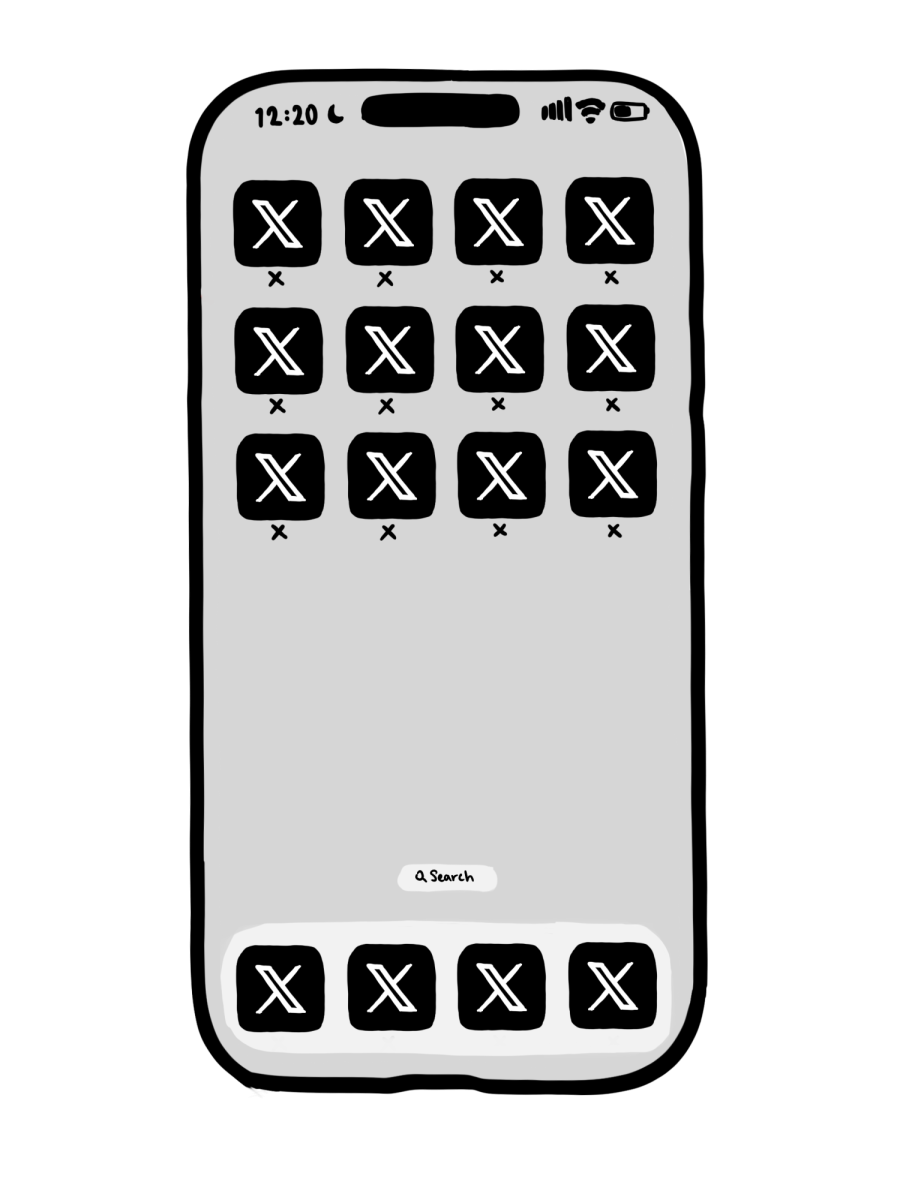Elon Musk has a vision to transform X (formerly Twitter) into a super app. Inspired by China’s WeChat, he plans to include communication, commerce, and international finance in a single platform. Mr. Musk believes that this streamlined approach could transform financial transactions and the way people interact with each other online throughout the world. I, ever the realist, am here to deliver the unglamorous truth: a super app in the U.S. is not going to happen.
An app of this scale (although technologically feasible) is politically impossible—such an undertaking will inevitably get caught in the Byzantine crosshairs of U.S. regulations and consumer complaints would be endless. Privacy concerns, consumer data protection, and regulation on third party platforms, will create roadblocks to achieving the level of integration Mr. Musk envisions.
WeChat was launched in 2011 as a simple chat service. It rapidly evolved into a super app which integrated a wide range of services. In 2017, WeChat introduced “mini-apps”— which allowed users to access apps from external stores like App Store or Google Play through WeChat.
Today, WeChat hosts 4.3 million mini apps. It surpasses the 2-2.3 million apps available on traditional app stores and has nearly 928 million monthly users. By 2023, WeChat had 600 million daily users and processed $280 billion in transactions.
After living in Shanghai for three weeks over the summer, I can confidently say WeChat is completely integrated into life in China. Its platform spans over 200 industries, including tourism, medicine, retail and entertainment, enabling users to do everything from paying bills to booking travel.
But again, this success isn’t necessarily replicable—a super app like WeChat will face significant challenges in the U.S.. One challenge relates to how U.S. technology companies collect data. Apps in the U.S. generally only gather information when the user has them open, while super apps are able to continuously gather and integrate data across services in order to provide a convenient user interface.
Strong concerns over privacy make many American consumers skeptical of apps that try to consolidate multiple services and track their activity. Antitrust laws also prohibit the apps from combined multiple services into one.
U.S. consumers also have strong preferences on how they use their apps, which makes breaking into the market hard. For instance, both Snap Cash and Facebook’s attempts to integrate cryptocurrency struggled to gain traction in the market, as U.S. users usually prefer specialized apps that serve distinct functions (as opposed to one app that handles everything).
The U.S. also already has a well-established system of payment apps like Venmo, PayPal, and Zelle, all of which dominate the peer-to-peer payment market. These companies make it harder for a new super app to gain a foothold.
Moreover, while WeChat operates with strong support from the Chinese government, the scrutiny of U.S. courts makes a poor environment for super app creation. When tech companies like Snap and Facebook attempted to create their own digital wallet and cryptocurrency platforms, they were restricted by U.S. law.
American tech companies are also required to protect private data, as lawmakers are very concerned about the possibility of one company monopolizing digital life (as the consequences of data breaches or hacks would be greater).
All of these elements converge to make the dream of an American super app highly unlikely. To
tech moguls like Elon Musk, my advice is: instead of trying to replicate WeChat, focus on improving integration between apps that already exist. Creating an environment that merges convenience with privacy concerns will be far more appealing to the government, and align better with consumers in the U.S.





